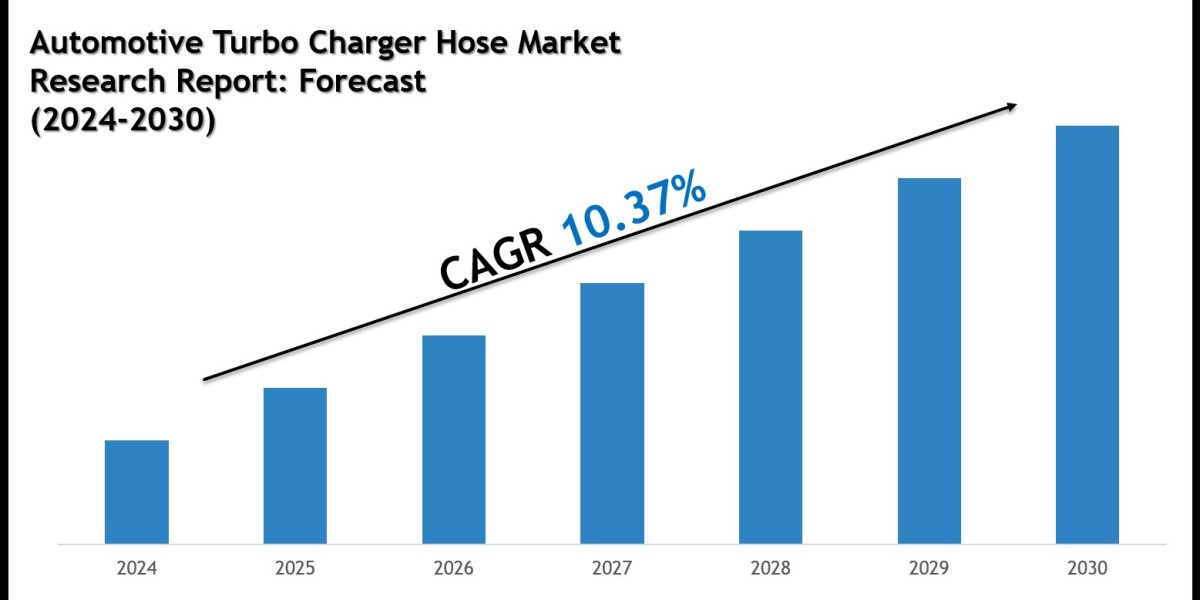The manufacturing industry has always been a backbone of economic growth, fueling innovation, creating jobs, and meeting global demands. With the rise of digital transformation, the way manufacturers operate has undergone a significant shift. Processes that were once manual and time consuming are now managed through integrated systems that improve accuracy, efficiency, and scalability. Among the most widely recognized solutions is SAP Production Planning, which helps organizations handle everything from material requirements to shop floor operations.
For professionals aspiring to build expertise in manufacturing systems, an SAP PP course in Pune is highly recommended. Such training provides not just technical knowledge but also practical exposure to the tools that modern industries use to achieve operational excellence.
Understanding SAP PP and its significance
SAP Production Planning, often called SAP PP, is a core module in the SAP ERP system. It integrates processes such as demand forecasting, material planning, capacity planning, and production execution. By doing so, it ensures that production aligns with customer demand, resource utilization is optimized, and deadlines are consistently met.
In today’s fast paced market, where customer expectations are high and supply chain complexities are increasing, companies cannot rely on outdated methods. An SAP PP course in Pune equips learners with the knowledge required to operate this advanced system, preparing them for roles in manufacturing that demand efficiency and precision.
Why manufacturing industry roles need SAP PP skills
1. Demand for accuracy in planning
In manufacturing, even a small error in planning can lead to resource wastage or production delays. A McKinsey report highlighted that inaccurate planning costs companies up to 12 percent of their annual revenue. With SAP PP, organizations can forecast demand accurately, schedule production runs, and ensure that resources are allocated effectively. By training through an SAP PP course in Pune, professionals learn how to apply these tools to real time industry scenarios.
2. Integration across departments
Manufacturing roles often require collaboration between multiple departments such as procurement, sales, finance, and production. SAP PP integrates seamlessly with other modules like SAP MM, SAP SD, and SAP QM. This ensures that information flows without barriers and decisions are data driven. Learners in an SAP PP course get hands on practice with these integrations, which helps them understand the complete manufacturing cycle.
3. Rising need for automation
With the introduction of smart factories and Industry 4.0, automation is no longer optional. SAP PP supports automation in scheduling, reporting, and capacity leveling. For professionals, this means less time spent on repetitive tasks and more focus on strategic decision making. By taking an SAP PP course in Pune, learners gain familiarity with automated processes that are now standard in advanced manufacturing setups.
Building problem solving skills
Challenges like machine downtime, sudden demand spikes, or raw material shortages are common in manufacturing. SAP PP offers simulation tools, capacity leveling options, and real time visibility to handle such challenges effectively. Training through an SAP PP course in Pune sharpens problem solving skills by exposing learners to these scenarios. They gain the ability to troubleshoot issues, reallocate resources, and maintain continuity in production even under pressure.
Developing cross functional expertise
Manufacturing professionals often need to understand not only production but also how it affects procurement, inventory management, and customer deliveries. An SAP PP course in Pune emphasizes cross functional workflows, showing learners how production planning is connected to the larger business ecosystem. This makes them more versatile and better equipped for leadership roles in manufacturing organizations.
Practical exposure with industry examples
One of the strengths of structured training is the inclusion of case studies and simulations. In an SAP PP course in Pune, learners often work on exercises such as creating a production schedule for a manufacturing unit or resolving a capacity bottleneck. These examples give learners a realistic understanding of how SAP PP is applied in industries ranging from automotive and consumer goods to pharmaceuticals and electronics.
Analytics for smarter decision making
Modern manufacturing decisions are guided by data rather than guesswork. SAP PP integrates with analytical tools to provide insights on production lead times, order fulfillment rates, and capacity utilization. A PwC survey revealed that 67 percent of manufacturers using analytics improved their operational efficiency significantly. By undergoing an SAP PP course in Pune, learners gain exposure to such analytical features, enabling them to use data effectively in their future roles.
Career opportunities after SAP PP training
The demand for SAP PP professionals continues to grow as companies digitize their manufacturing processes. Roles such as production planner, SAP PP consultant, manufacturing analyst, and supply chain coordinator are increasingly sought after. Reports suggest that the global ERP market will surpass 123 billion USD by 2030, with SAP leading the segment. This growth ensures strong career opportunities for professionals who complete an SAP PP course in Pune.
Relevance in the era of digital transformation
With the shift to SAP S4 HANA and the adoption of cloud based solutions, SAP PP has gained advanced features like real time simulations and faster processing. Manufacturing companies are actively looking for professionals who can handle these modern systems while also understanding traditional planning methods. By taking an SAP PP course, learners gain the confidence to work with both legacy and next generation SAP tools, ensuring their long term relevance in the industry.
Industry validation of SAP PP skills
Surveys and industry reports confirm the importance of SAP PP in manufacturing. According to Gartner, 85 percent of large manufacturers rely on enterprise systems like SAP to manage production processes. Moreover, Deloitte has reported that organizations using SAP for production planning achieve up to 20 percent improvement in resource utilization. These statistics highlight why employers prefer candidates who have completed structured training such as an SAP PP course in Pune.
How training sharpens practical knowledge
A major advantage of pursuing an SAP PP course is the structured progression from theory to application. Learners start with understanding master data such as materials, work centers, and bills of materials. They then move to demand management, material requirements planning, and production order execution. By the end of the course, learners are capable of managing complex planning scenarios and supporting real business outcomes.
This systematic learning sharpens practical knowledge and builds confidence in handling industry projects, which is essential for manufacturing roles.
Conclusion
Manufacturing industry roles demand accuracy, efficiency, and the ability to handle complex processes. SAP Production Planning provides the tools needed to achieve these goals, and professionals with expertise in this module are highly valued. An SAP PP course in Pune helps learners build deep knowledge of planning concepts, develop cross functional expertise, and gain exposure to real industry challenges.
The manufacturing sector is rapidly embracing digital transformation, and SAP PP stands at the center of this evolution. By investing time in structured training, learners sharpen their technical and analytical skills, prepare for high demand roles, and ensure long term career growth in a competitive global market. For anyone pursuing a career in manufacturing, SAP PP training is not just recommended but essential for success.







